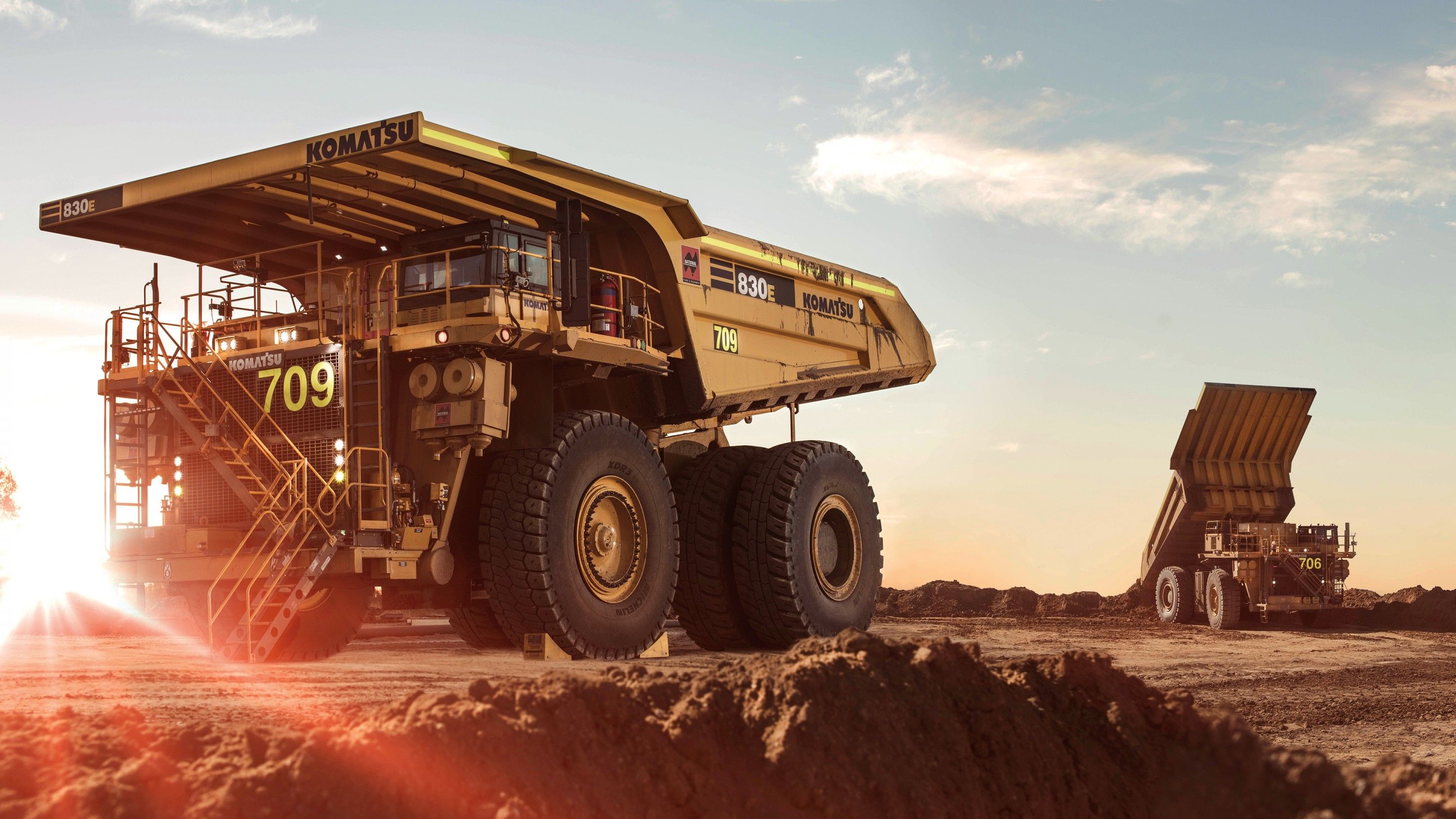" title="YouTube video player" frameborder="0" allow="accelerometer; autoplay; clipboard-write; encrypted-media; gyroscope; picture-in-picture; web-share" referrerpolicy="strict-origin-when-cross-origin" allowfullscreen>
Purchasing construction equipment is a big step, particularly if you are accustomed to hiring for your project needs. Businesses are often faced with the conundrum of choosing to go with new or used equipment; both have their advantages and disadvantages and it really comes down to the specific requirements of your project and long-term objectives of your business.
Developing a strong and professional relationship with construction equipment suppliers will ensure that you are able to access expert and trusted advice, but it’s always a good idea to do your own research. Understanding the benefits (and potential downsides) of new and used equipment will allow you to make an informed decision that matches your project demands and budget.
So, read on to discover which option is best for you!
Questions to consider
When purchasing any type of equipment (whether new or used), you should take the time to discuss several important questions amongst your business. In relation to construction equipment, consider these following points:
How often will the equipment be used?
Does the equipment require a highly skilled operator?
Do you have the resources to fix your own equipment?
Are you able to easily access spare parts?
What are the ongoing costs? Consider fuel efficiency and labour costs.
Am I dealing with a trusted construction equipment supplier?
New equipment
Whilst purchasing new equipment can incur substantial upfront costs, there are a range of benefits associated with the investment.
Pros
Trouble-free: You are far less likely to experience operating issues with new equipment, particularly if you adhere to the routine maintenance schedule. There should be little concern about issues suddenly arising — weeks after purchase — that were not mentioned by the previous owner.
Warranty: Should anything go wrong with the equipment — providing you have purchased from an official manufacturer or supplier — you will be covered under warranty. This can provide great peace of mind on your investment.
Technology: Construction and mining equipment is constantly evolving and purchasing new equipment ensures that you are at the forefront of technology advancement. You are likely to benefit from increased productivity, improved safety and added sustainable features that you will not often find in second-hand equipment.
Builds a professional image: Like it or not, investing in new equipment builds a professional image to clients. Second-hand equipment may operate at close to the same level of productivity and efficiency but the shine of a new machine suggests that you are heavily invested in your tools and customer outcomes.
Cons
Cost: New construction equipment carries with it a substantial upfront cost, which may not be viable for many companies. Many suppliers offer financing options but with added interest and fees, you may be better off going for a second-hand option.
Availability: New equipment may be located overseas, or has a delay of months before it can be delivered. This is not always suitable for companies who are working on a tight timeframe or need immediate replacement for a broken piece of machinery.
Used equipment
When faced with the hefty price tag of new equipment, many companies opt to go with the second-hand option, and for good reason. Second-hand equipment that has been well looked after and maintained can provide years of service. The trick is in knowing what to look for.
Pros
Cost-efficient: Providing you are purchasing equipment that has been well maintained, used machinery is certainly a more upfront cost-efficient option. When purchased from a reputable supplier, used equipment can grant better cost of ownership over the long term particularly when depreciation has been taken into account.
Greater choice: The second-hand construction equipment market is enormous and it is highly likely that you will be able to find what you are looking for. This is in contrast to new equipment, which may have a waiting list or take months to be delivered.
Strong resale value: Should you take good care of your second-hand equipment, you can be fairly certain of strong resale value. Depreciation of construction equipment tends to occur most rapidly in the first years of use — by purchasing second-hand equipment, you have avoided this drop and can be confident of getting a good return on your investment.
Cons
No warranty: Purchasing second-hand equipment means you are unlikely to benefit from the warranty, unless your supplier has their own deal available. Given the investment that construction equipment represents, warranty can provide great peace of mind and so not having this option is definitely a con.
Condition: The number one rule of purchasing used equipment — know your supplier. It is essential that you are able to trust in your construction equipment supplier, their judgement of quality and recommendations. Second-hand equipment can be in very good condition, but purchasing does carry some risk.
Whether you decide to go with new or used equipment, be sure to consult a trusted construction equipment supplier. Their in-depth knowledge and understanding of the industry will ensure that you get the best deal possible, that aligns with your financial situation and business objectives.





